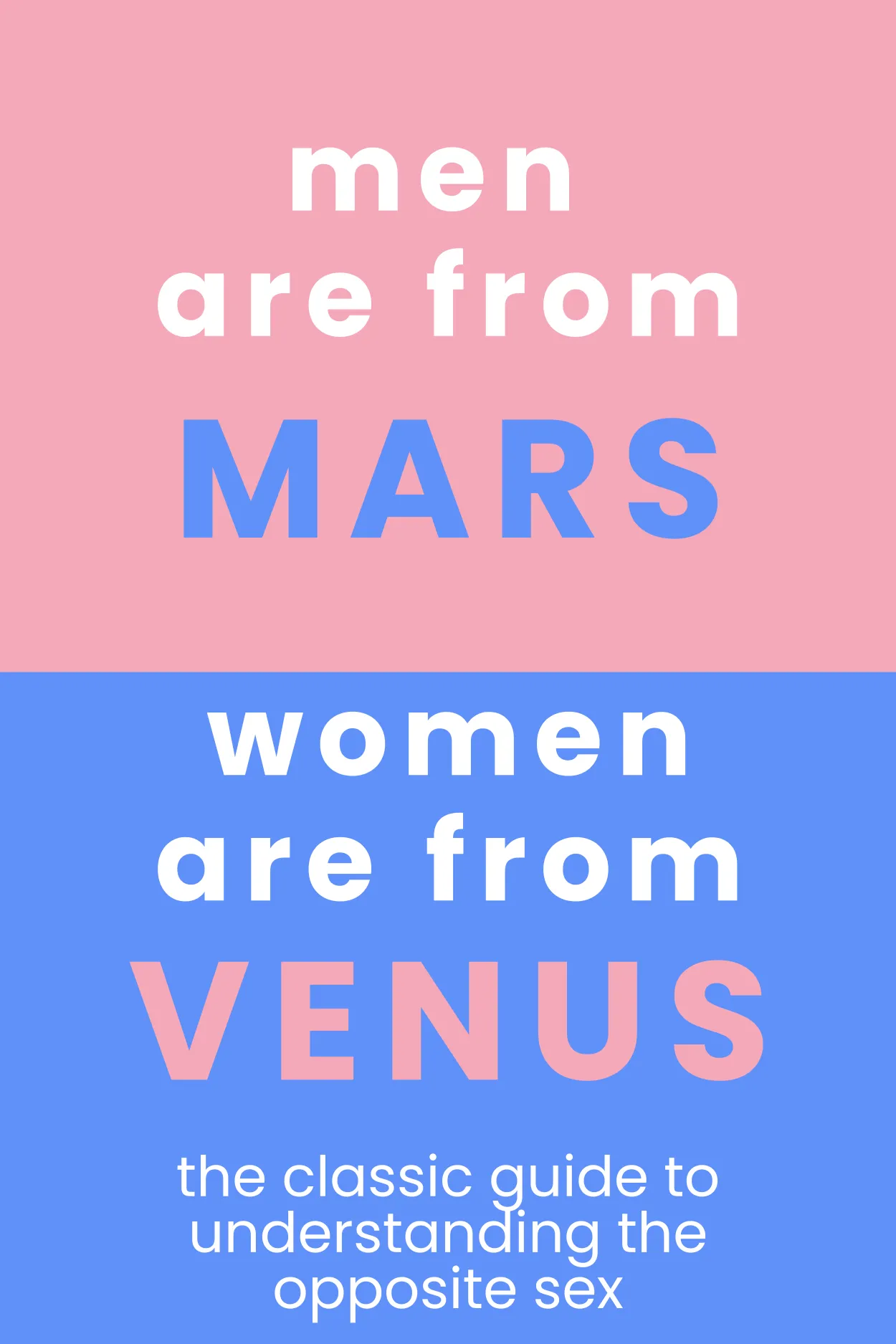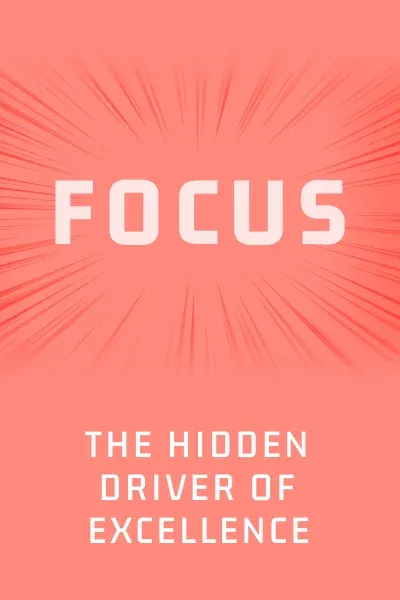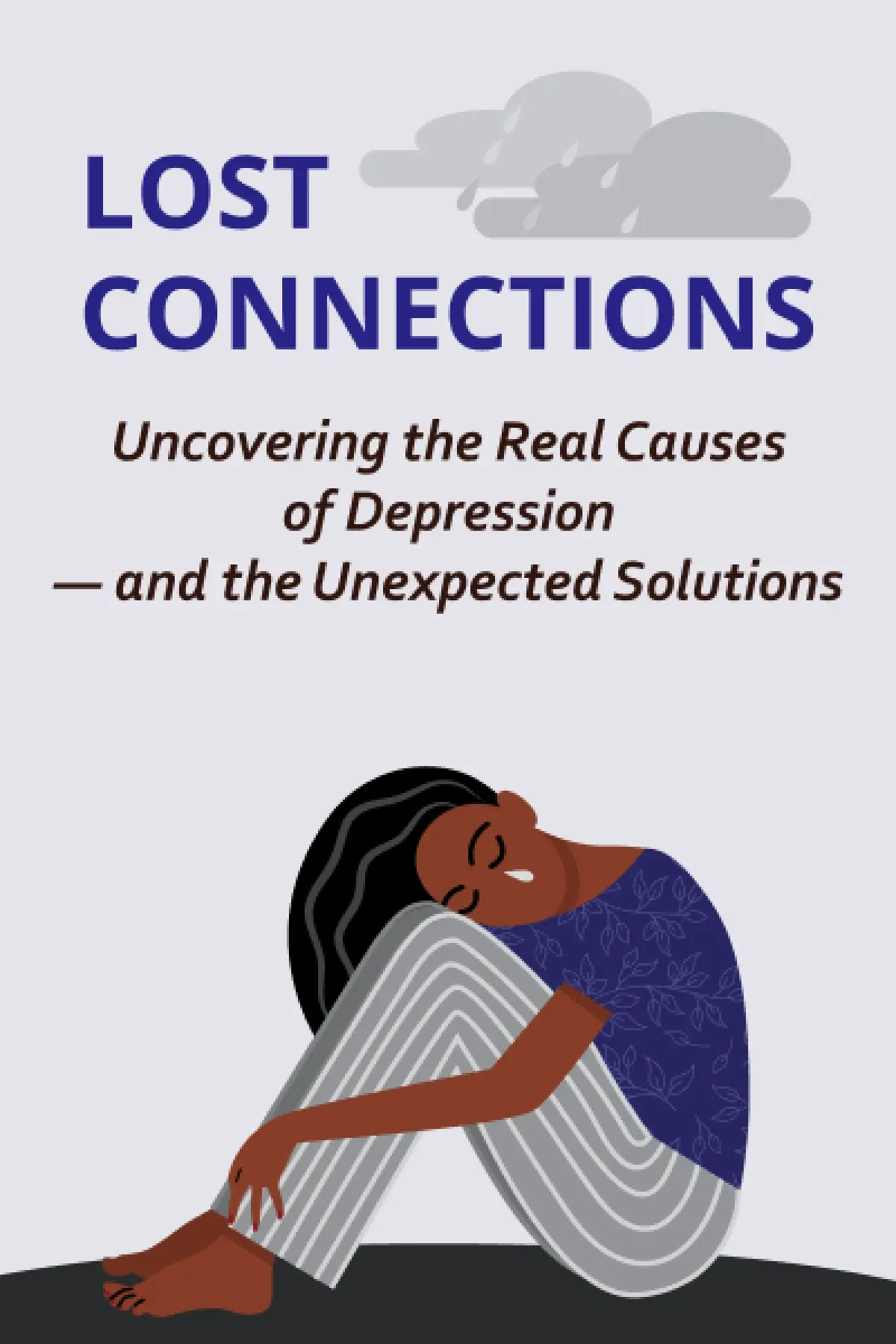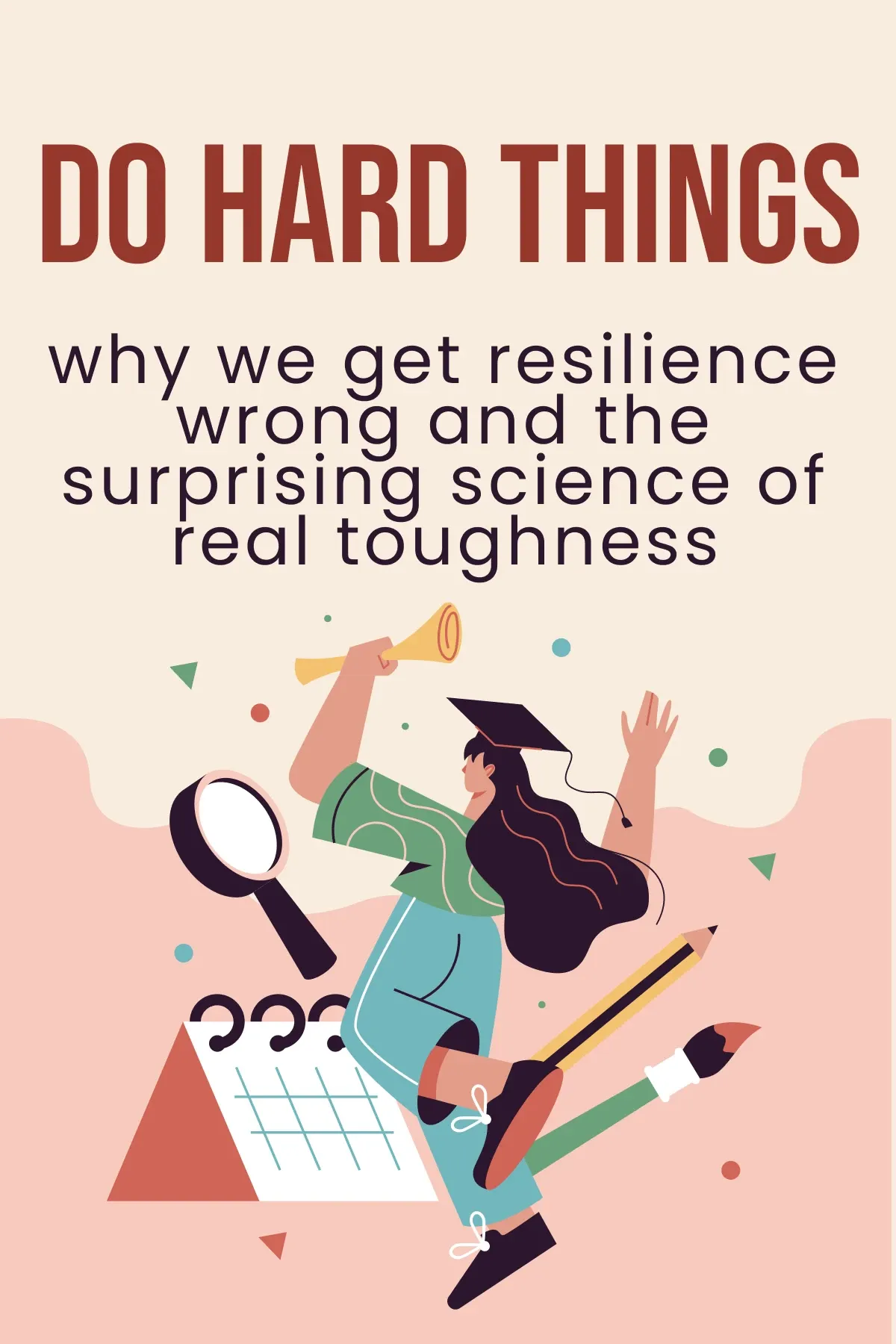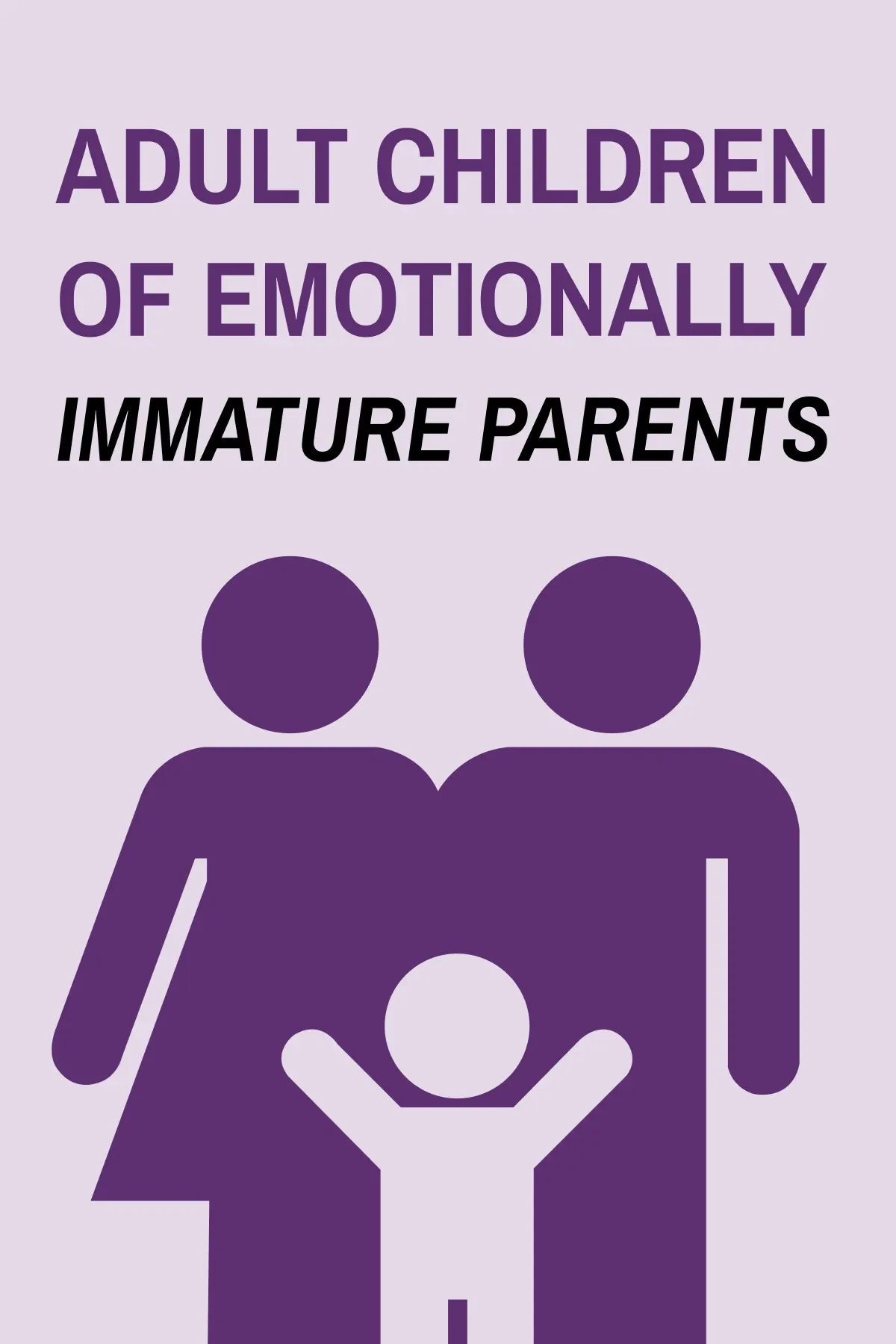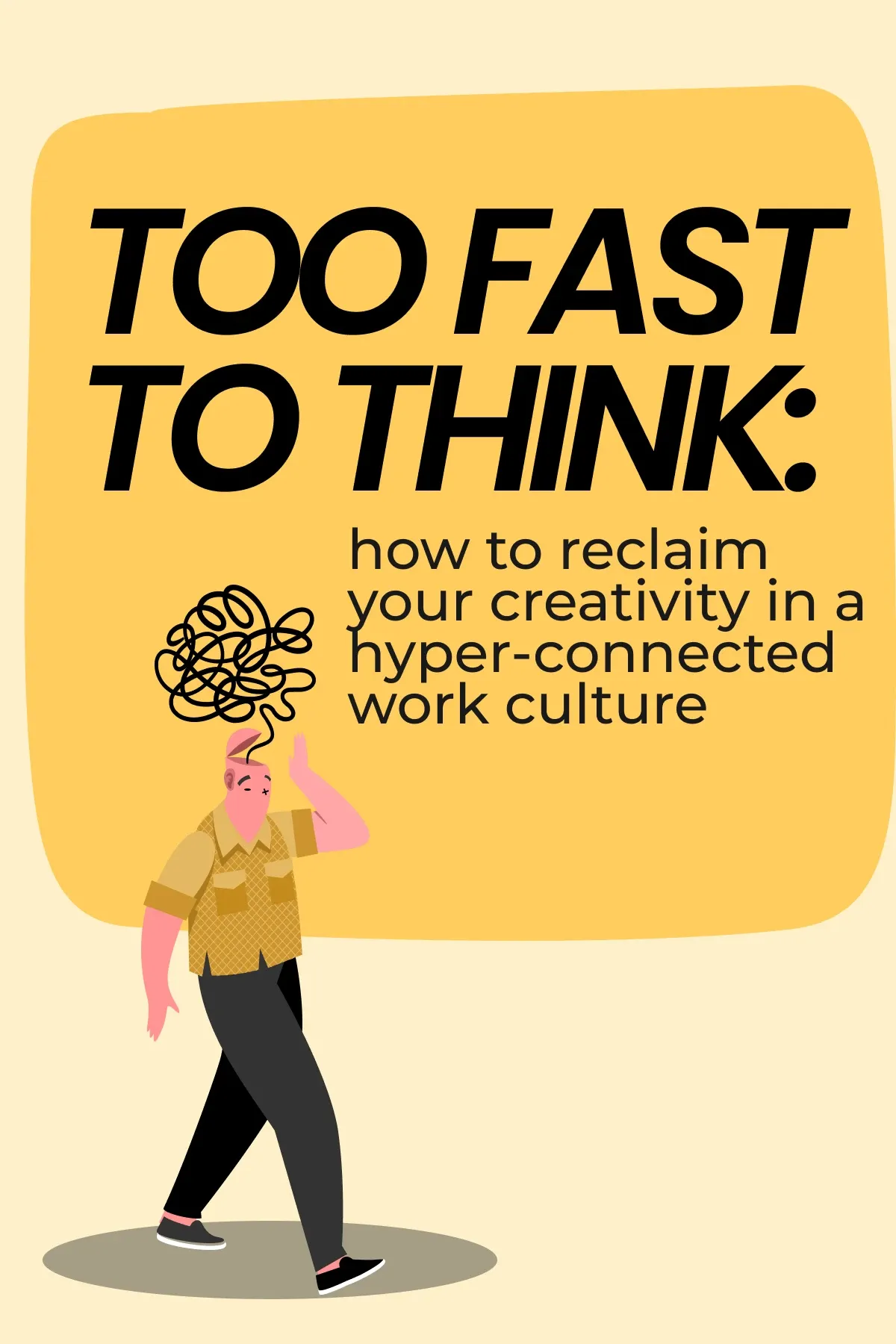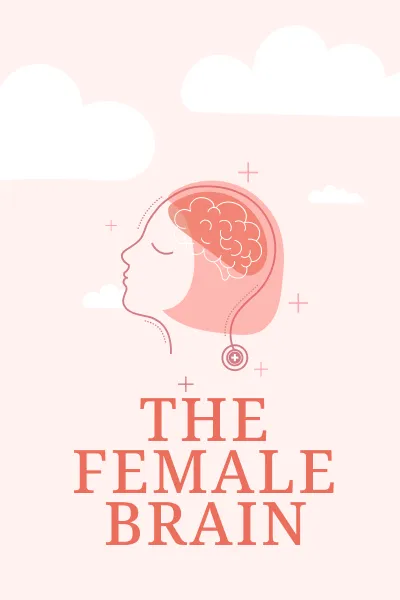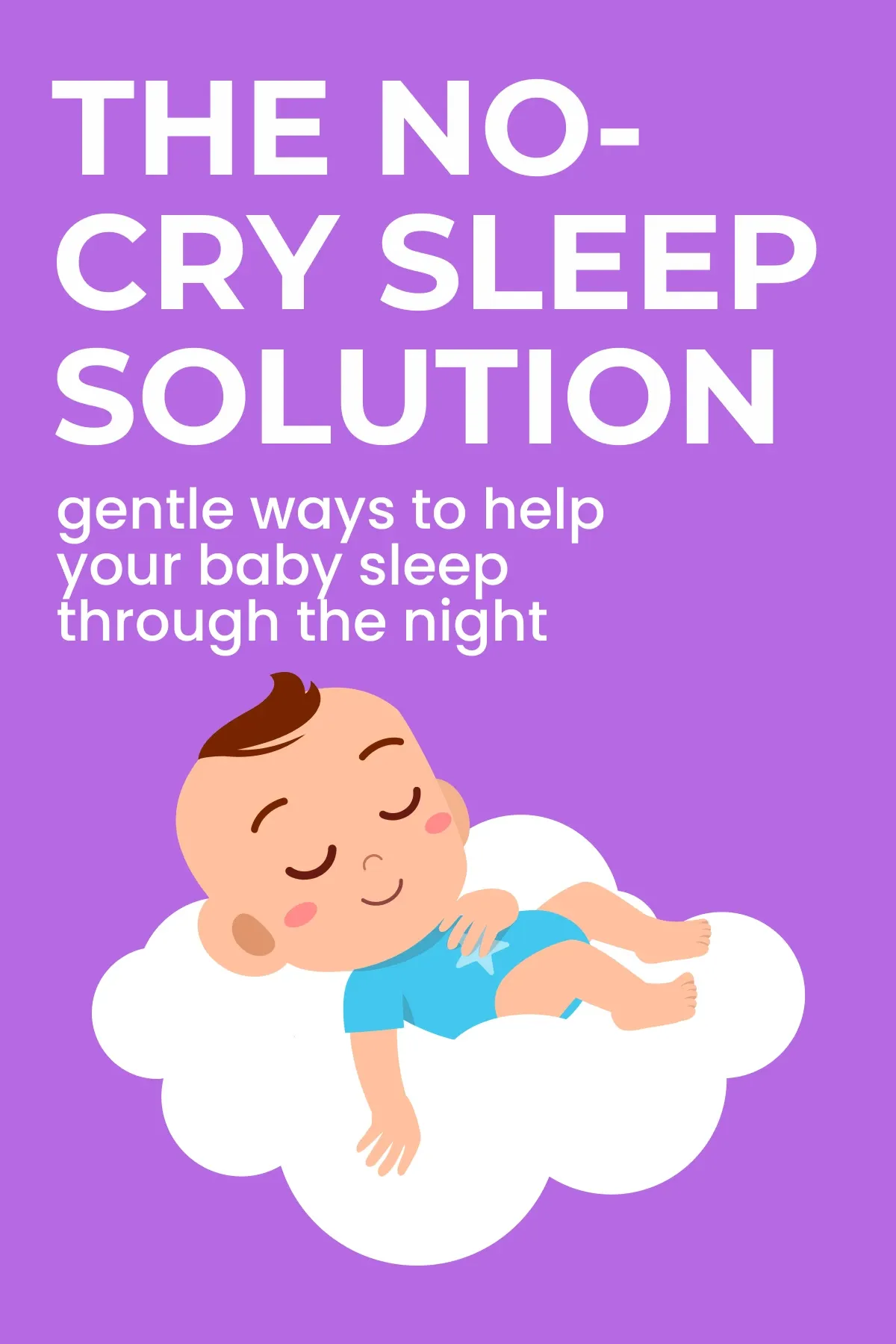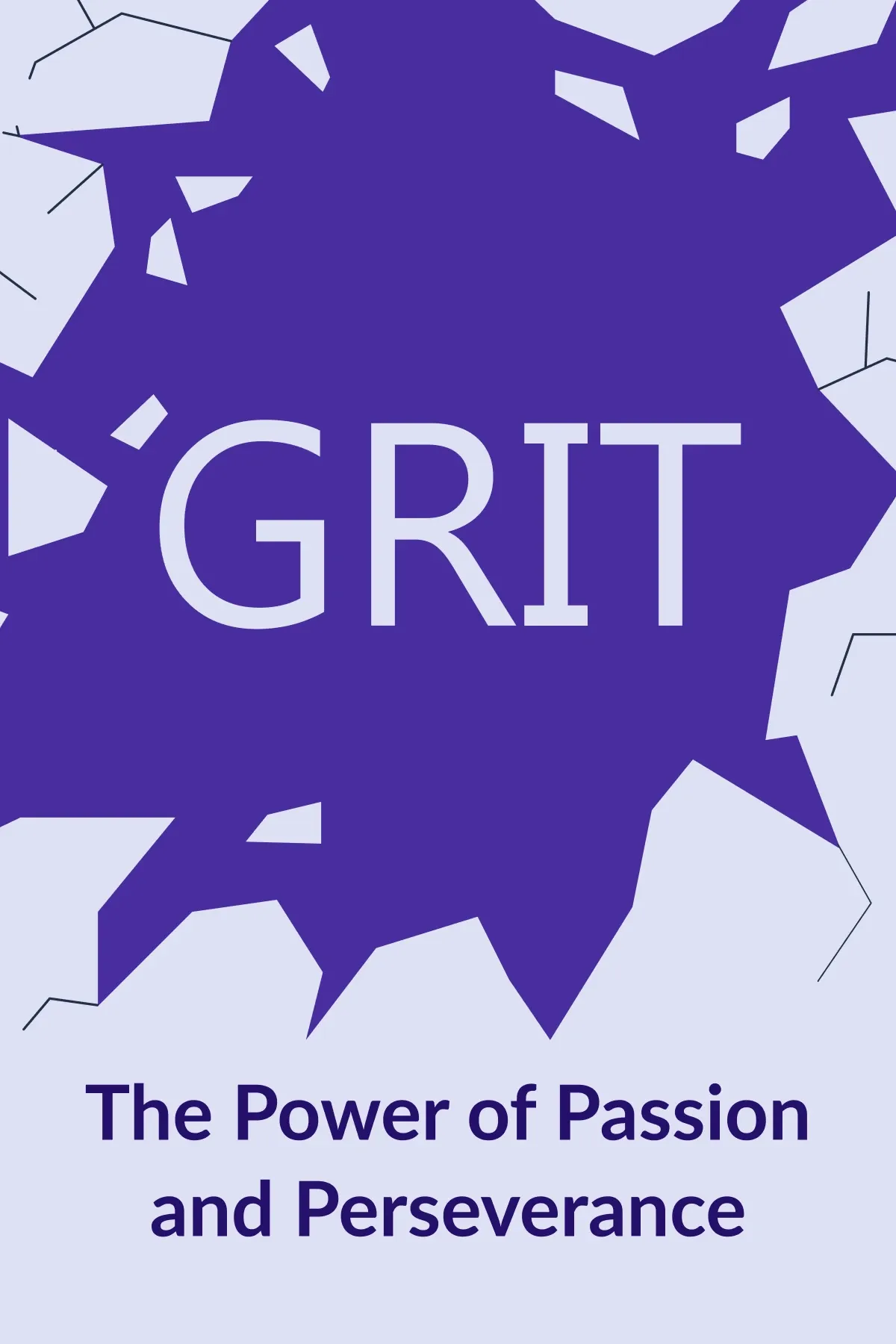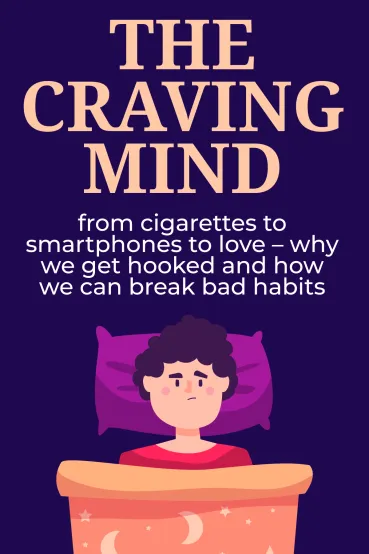
The Craving Mind
Brief Summary
Why do we become hooked on different habits, like smoking or playing video games? “The Craving Mind” by Judson Brewer and Jon Kabat-Zinn will help you find answers to those questions. The book explores the science behind cravings, explaining how our brains get wired to seek rewards and how mindfulness can help us regain control. Whether you're struggling to quit smoking or find yourself glued to your smartphone, this book will definitely help you.
Key points
Key idea 1 of 7
B. F. Skinner came up with the simple idea that we tend to approach things that please us and avoid those that cause discomfort. He created a principle of reward-based learning. This basic concept is a vital part of how we learn and behave. When we enjoy our favorite food, for example, it triggers a fundamental learning process that's been around for ages.
It is the primary mechanism of evolution. Here's how it works: we see tasty food, and our brain signals it as crucial for survival, so we eat it. If it tastes good, especially if it's sugary, our body sends a signal to remember it. We learn from this experience and location so we can seek out that food again in the future.
Think about a moment when you are watching your favorite movie or savoring your favorite chocolate. Your brain tells you, "This is good!" and you want to get more of it. We remember where we found it and how it made us feel. So, you keep seeking out those enjoyable experiences. As we see, it resembles a pattern: something triggers us, we respond, and we get rewarded. In scientific language, these things are called stimuli.
But this system is about more than just finding food. Sometimes, when we feel down, our brains suggest eating something tasty to cheer us up. And eating pizza or a cookie often works. We learn that certain foods can make us feel better emotionally. Furthermore, during our teenage years, we might see other kids smoking and think it looks cool. So, we try it, too, seeking that same feeling of acceptance. Each time we light up, our brains tell us it's a good idea, reinforcing the habit.
Later on, when we're stressed, we might have cravings for sweets or cigarettes. Unfortunately, this survival mechanism can lead us toward harmful habits like overeating or smoking. These habits negatively affect our health and well-being, resulting in millions of deaths worldwide.
FAQ
You may also like these summaries


